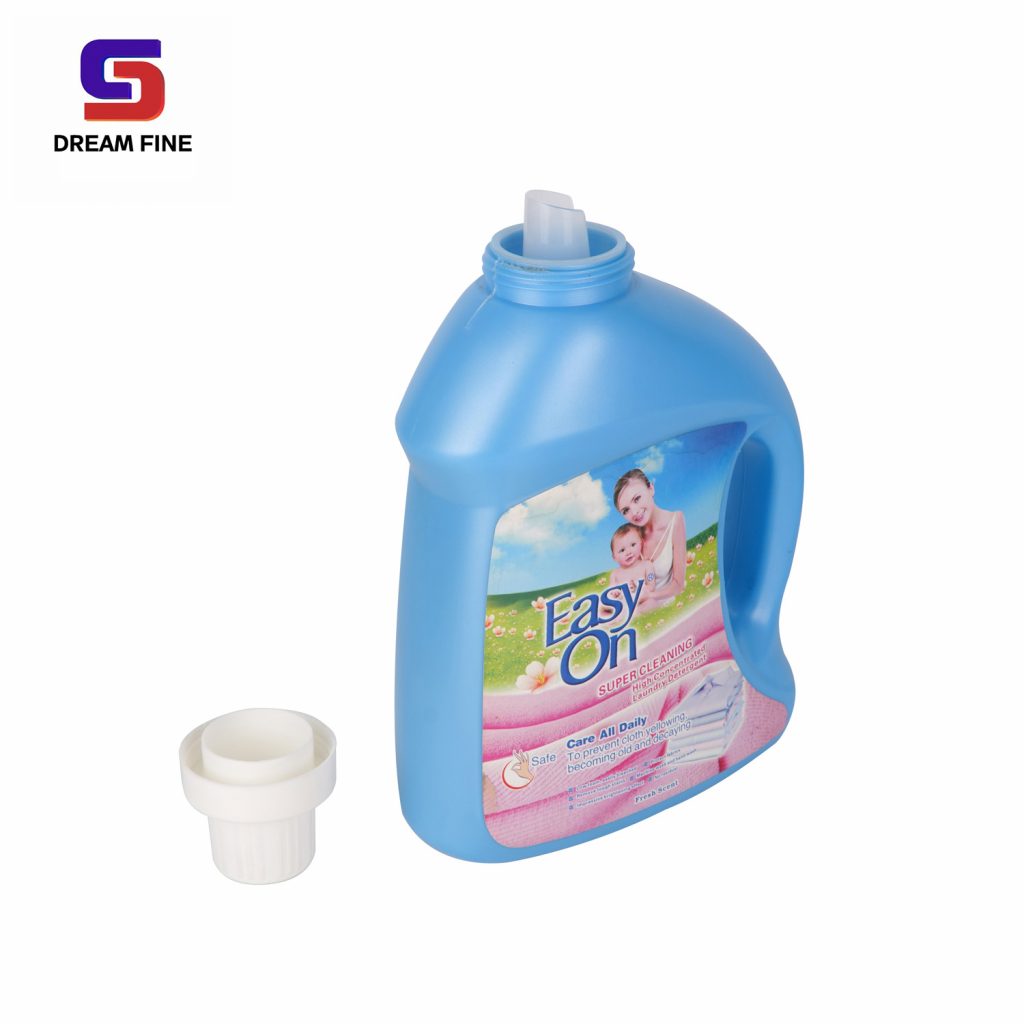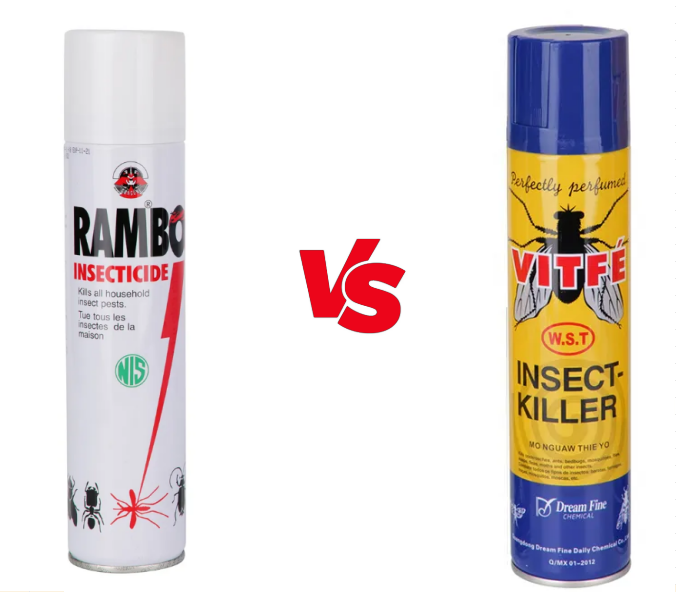There are several advantages to using eco-friendly laundry detergent for the environment and your health. Traditional laundry detergents are made with harsh chemicals that can be bad for the environment and you. As opposed to conventional detergents, which discharge damaging pollutants into the water system and are harsh on your skin, eco-friendly detergents are manufactured from natural and biodegradable chemicals. Additionally, because eco-friendly detergents are frequently more concentrated, you can use less of the product over time and save money. You can help the environment and keep your family safe by switching to environmentally friendly laundry detergent.
The Best Laundry Detergent for Your Needs: How to Choose
Choosing the best laundry detergent for your requirements might be overwhelming with so many alternatives available. Your washing machine type, such as whether it is a top loader or a front loader, should be taken into account initially. Top loaders can use any type of detergent, however front loaders must use low-sudsing detergents. The sort of fabric you’re washing should also be taken into account; delicate fibers demand a soft detergent, whereas harder stains can require a heavy-duty detergent. Look for a detergent that is hypoallergenic, free of colours and perfumes, and hypoallergenic if you have sensitive skin. Finally, keep the environment in mind and, if at all feasible, use a detergent that is biodegradable and environmentally friendly.
How Laundry Detergent Works: The Science
Your garments’ stains and filth will be broken down and removed by laundry detergent. Surfactants, which assist water penetrate fabric fibers by lowering water’s surface tension, are the key components of detergent. Additionally, they aid in keeping stains and grime suspended in the water while being washed away. While some detergents contain oxygen-based bleach to get rid of difficult stains like wine and coffee, other detergents contain enzymes that act to dissolve protein-based stains like blood and grass. The detergent’s pH level is also crucial since overly acidic or too alkaline detergents might harm fabrics.
Laundry Detergent Evolution: From Homemade Soap to Modern Formulas
Since the days of handmade soap, laundry detergent has gone a long way. Commercial laundry detergents were first developed in the early 1900s, but they were frequently harsh and inefficient. Synthetic detergents, which were far better at eliminating filth and stains, weren’t created until the 1930s. Detergent formulations have developed over time, becoming more potent and environmentally friendly. Laundry day is now easier than ever thanks to modern detergents, which are made to work in a variety of washing machines and with a variety of materials.
The Environmental Impact of Laundry Detergent and Alternatives
The environment can be significantly impacted by laundry detergent. Chemicals in conventional detergents have the potential to harm aquatic life and contaminate streams. Detergent packaging made of plastic can further add to the plastic waste problem. Making the move to an eco-friendly detergent consisting of natural and biodegradable chemicals is one method to lessen the impact of laundry detergent on the environment. By using less detergent and washing your clothes in cold water, you can also lessen your impact on the environment. Finally, search for detergent packaging that can be recycled after use or is produced from recyclable materials.
How to Store Laundry Detergent Correctly for Maximum Efficiency
Your laundry detergent will last longer and retain its effectiveness if it is stored properly. Store detergent away from direct sunlight in a cool, dry area. The detergent’s cleaning effectiveness may be diminished by clumping or degradation brought on by heat and humidity exposure. Detergent should also be kept out of the reach of kids and animals because it can be dangerous if consumed. If your detergent doesn’t already come in resealable packaging or containers to help keep it fresh, think about putting it in one to avoid exposure to air and moisture. You’ll get the most out of each usage of your detergent and make sure that it keeps working if you store it correctly.
The Value of Reading and Understanding Laundry Detergent Labels and Ingredients
Making informed judgments about what you use on your clothes and in your house requires reading laundry detergent labels and comprehending the components. Labels can provide you with vital details about a product, like its environmental friendliness, hypoallergenicity, and suitability for use with particular textiles. Knowing the components might help you see any possible allergens or dangerous compounds that you might want to stay away from. Choose detergents with a clear ingredient list that avoids ambiguous terminology like “surfactants” or “fragrance.” You may make better decisions for your health and the environment by taking the time to read labels and comprehend ingredients.
How to Get Rid of Stains Permanently with Laundry Detergent
Although difficult to remove, stubborn stains can be handled with the proper laundry detergent and method. Look for a detergent that has enzymes to help break down protein stains like blood or grass so they are simpler to remove. A detergent with a high quantity of surfactants can help remove oil-based stains like grease or lipstick. Before washing in the hottest water the fabric can handle, apply the detergent directly on the stain and let it sit for a few minutes. Consider pre-treating with a stain remover or soaking in a solution of detergent and water before washing for exceptionally difficult spots.
Use Liquid Laundry Detergent Instead of Powdered for These Benefits
Depending on your demands, liquid and powder laundry detergents each offer advantages. Since they don’t need to be measured or mixed and are less prone to leave residue on garments, liquid detergents are simpler to use. They dissolve more readily than powdered detergents, making them preferable for washing in cold water. However, because powdered detergents are more concentrated, you can use less of them per load and therefore save money. Additionally, they work better when washing items with obstinate stains or heavy-duty fibers. When determining the kind of detergent to use, take into account your requirements and tastes.
Laundry Detergent in the Future: Innovations and Trends to Watch
The laundry detergent market is continually changing as a result of technological advancements and a movement in customer preferences toward eco-friendliness. Eco-friendly and plant-based detergents, concentrated detergents that use less packaging and water, and detergent pods that don’t require measurement are some of the newest trends in laundry detergent. Detergents with integrated fabric softeners, perfumes that linger longer, and detergents designed specifically for particular sorts of stains or materials are some further improvements. The future of laundry detergent is probably going to be even more cutting-edge and sustainable as people grow more aware of their effects on the environment and their health.







